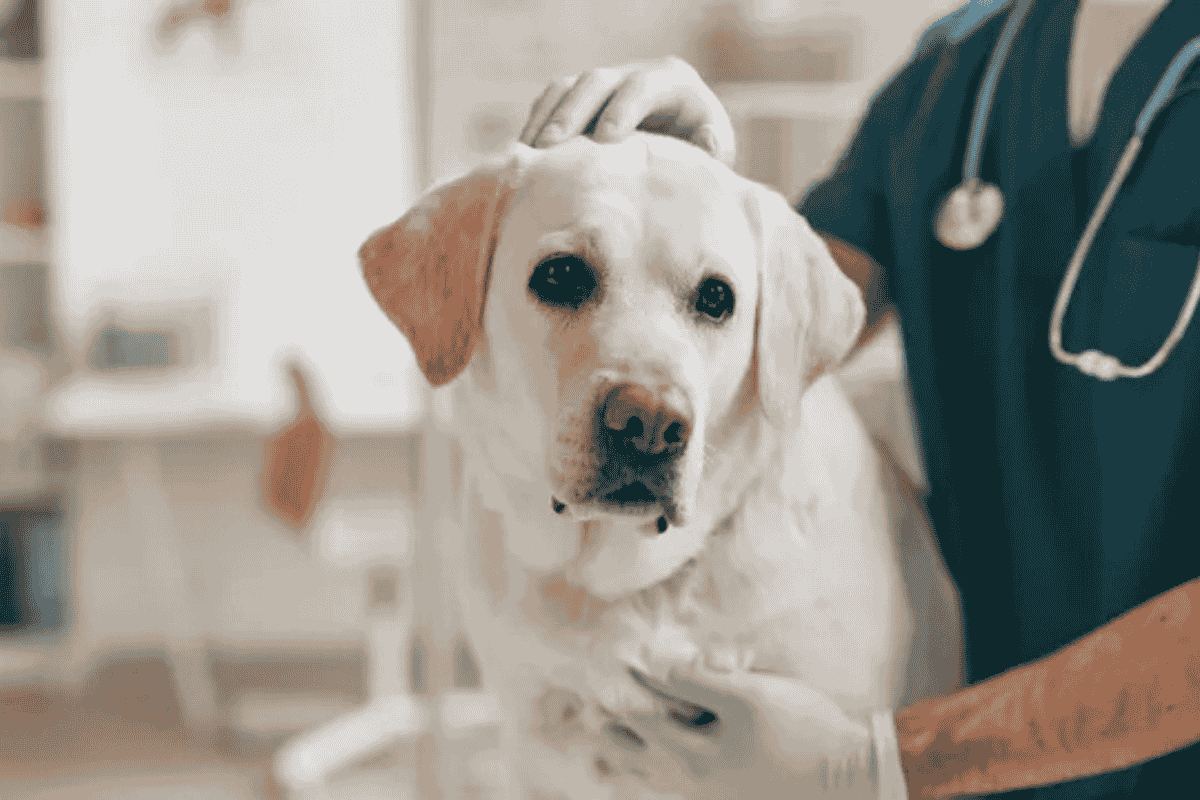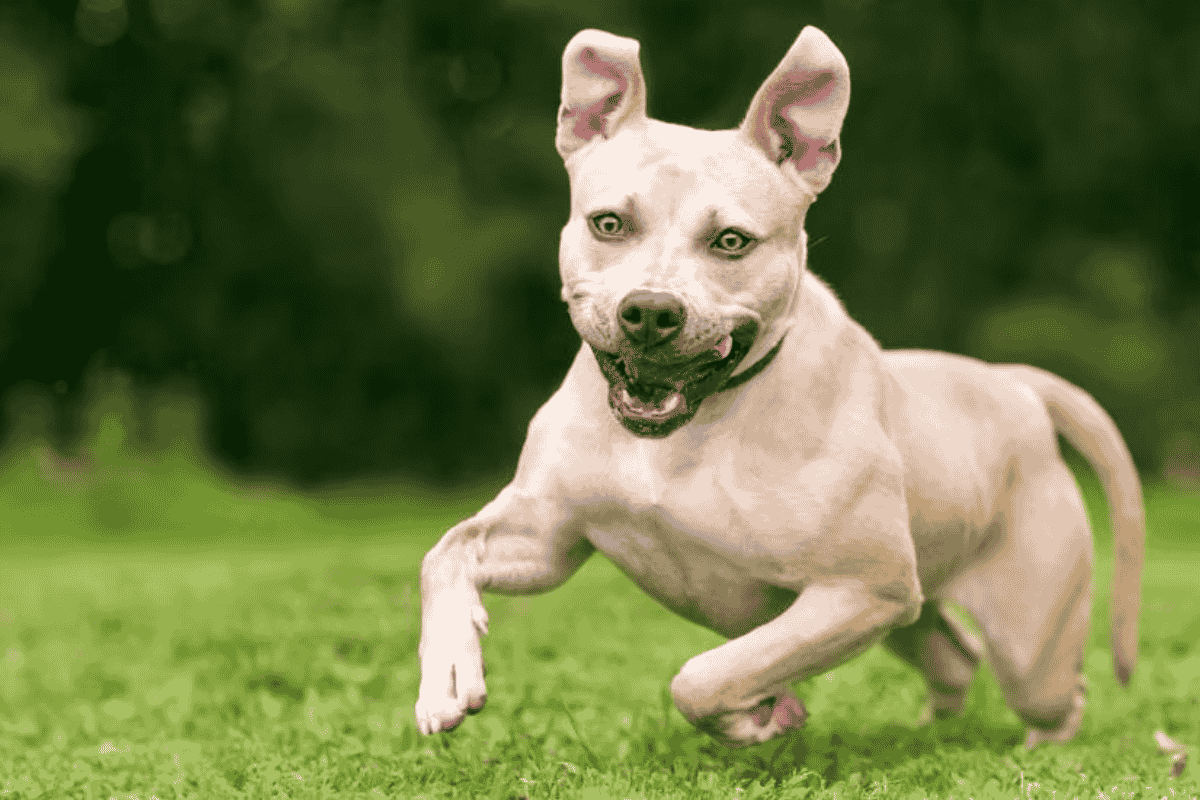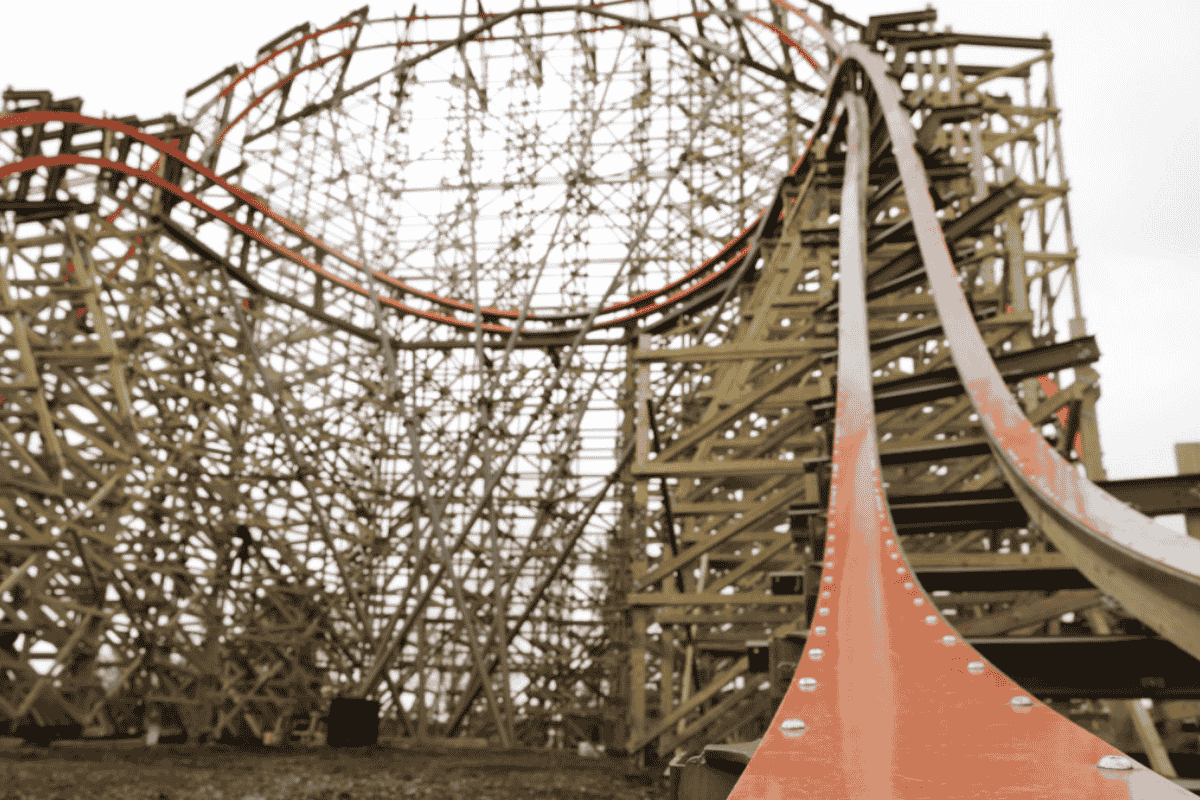As dogs grow older, their health needs change, and certain conditions become more common. Senior dogs—typically around 7 to 10 years of age depending on breed and size—benefit from regular veterinary visits, ideally twice a year, to detect and manage age-related issues early.
Here are some of the most common health problems in senior dogs and how to address them.
1. Vision Loss and Eye Problems
Older dogs may become cautious in unfamiliar places, startled easily, or hesitant to go out at night. Cloudy eyes, redness, or discomfort can signal vision problems.
- Common causes: Lenticular sclerosis (normal aging change), cataracts, corneal damage, dry eye syndrome, or conjunctivitis.
- What to do: Schedule a veterinary exam to rule out treatable conditions. Cataracts, for example, can often be surgically removed. Even if vision loss is permanent, your vet can provide guidance on helping your dog adjust.
2. Increased or Strained Urination
Frequent urination or difficulty urinating can point to kidney disease, urinary tract infections, or other age-related issues.
- What to do: See your veterinarian for testing. Treatments may include prescription diets, medications, or surgery depending on the underlying condition.
3. Oral Health Issues
Bad breath, bleeding gums, excessive drooling, and loose teeth are common signs of dental disease in senior dogs.
- What to do: Professional dental cleanings, followed by consistent home care, are key. Brush your dog’s teeth daily with pet-safe toothpaste, and use dental treats or enzymatic chews to help maintain oral health.
4. Lumps, Bumps, and Skin Problems
Skin issues like rashes, hair loss, or lumps become more frequent with age. Many senior dogs develop lipomas (benign fatty tumors), but other growths may be cancerous.
- What to do: Have any new, changing, or growing lumps evaluated by your veterinarian. Early testing can determine whether the lump is harmless or needs treatment.
5. Weight Gain or Loss
Metabolism changes in senior dogs can lead to either weight gain or loss. Both can negatively impact health.
- What to do: Work with your veterinarian to choose the right senior dog diet and an age-appropriate exercise routine. Maintaining a healthy weight reduces the risk of arthritis, heart disease, and cancer.
6. Mobility and Joint Problems
Arthritis and joint stiffness are common in older dogs, making it harder for them to play, climb stairs, or move comfortably.
- What to do: Discuss with your vet whether joint supplements, omega-3 fatty acids, prescription medications, or physical therapy could help. Supportive tools like dog ramps, stairs, and orthopedic beds can also improve mobility.
7. Behavior and Memory Changes
Cognitive decline, also known as canine cognitive dysfunction (dog dementia), can cause confusion, disorientation, irritability, or changes in sleep patterns.
- Signs to watch for: Pacing at night, getting stuck in corners, forgetting familiar cues, and losing house training.
- What to do: Talk to your veterinarian about management strategies, which may include dietary changes, supplements, medications, and environmental enrichment.
Supporting Your Senior Dog
Aging is inevitable, but with regular veterinary care, proper diet, and adjustments at home, senior dogs can enjoy comfort and quality of life. By staying alert to these common issues and working closely with your vet, you can help your dog navigate their golden years with health and happiness.












